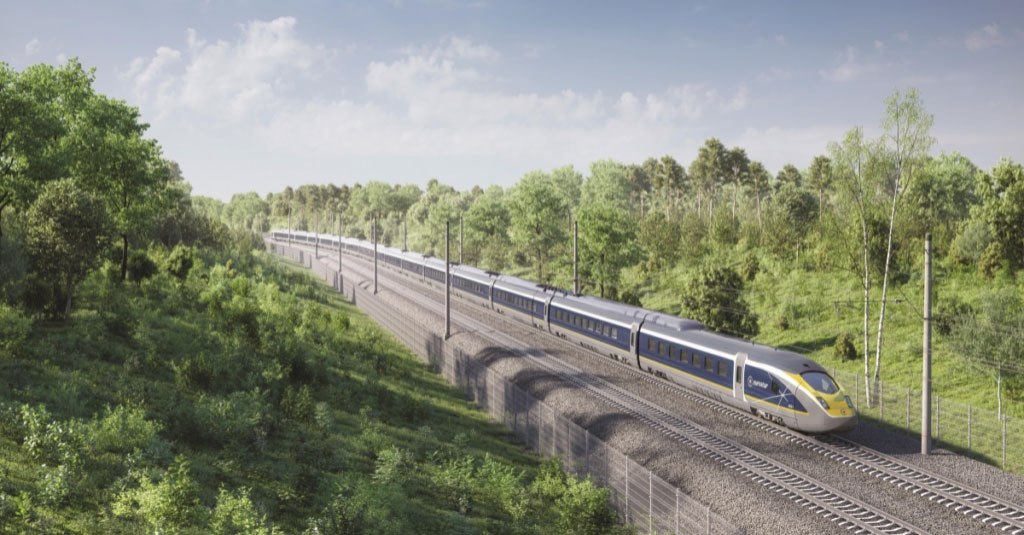Eurostar targets 100% renewable energy by 2030
Eurostar wants to power its trains with 100% renewable energy by 2030.
The company, which has also produced its first sustainability report, is aiming to carry 30 million passengers each year with the lowest possible impact on the environment.
Eurostar chief executive Gwendoline Cazenave described the 2030 goal as a “deliberately ambitious target”.
She added: “Eurostar wants to use its brand and commitment to accelerate change across the sector. To achieve our goal, we will work closely together with our partners in each of our markets and we encourage regulatory support for the rapid deployment of new renewable energy projects.”
Eurostar said it recently became the first rail company to join the RE100 alliance, which brings together businesses committed to sourcing 100% of their energy from renewable sources.
Ollie Wilson, head of RE100, Climate Group, said: “Eurostar is setting a global example and leading the way on renewables powering our rail networks.”
He added: “We encourage other businesses in the rail sector to follow Eurostar’s lead and commit to 100% renewable electricity.”
In Eurostar’s first sustainability report, the company confirmed its environmental strategy focuses on three areas.
First, it wants to reduce its greenhouse gas emissions by sourcing renewable energy. Second, it wants to incorporate circularity into its operations – this involves cutting down on waste and using resources more efficiently.
Third, the company wants to attract more passengers by promoting its train as a more environmentally friendly way of travelling internationally.
Eurostar trains in the Netherlands have been running on 100% wind power since 2017, with the figure in the UK being 40% since last year.
In Belgium in February, a memorandum of understanding was signed with Infrabel to study the installation of novel solar projects to power trains.
Cazenave said: “Today, the transport sector accounts for 25% of European greenhouse gas emissions, making sustainable high-speed rail a key solution to a quarter of Europe’s climate problem.”
She added: “We’re building the backbone of sustainable travel in Europe, with a target of 30 million passengers by 2030. At the same time we’re also committed to building the mode of international transport that has the least negative impact on the planet, reducing emissions even as we grow.”








